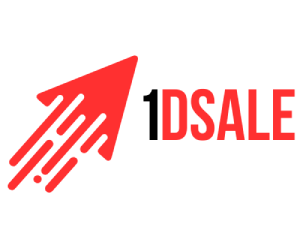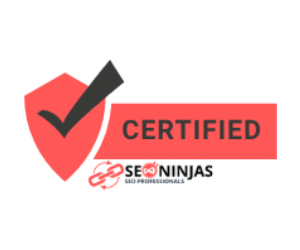Social Media Marketing (SMM) utilizes social media platforms to connect with audiences, build brand awareness, and drive website traffic. Here’s how businesses can harness the potential of SMM:
- Platform Selection: Choose social media platforms (e.g., Facebook, Instagram, Twitter, LinkedIn) based on target audience demographics, behavior, and content preferences. Each platform offers unique features and advertising options tailored to specific marketing objectives.
- Content Strategy: Develop a content strategy that resonates with your audience’s interests, challenges, and preferences. Create engaging posts, videos, images, and stories that encourage interaction, shares, and user-generated content.
- Community Engagement: Foster relationships with followers through active engagement, responding to comments, messages, and reviews promptly. Encourage user participation through contests, polls, and live Q&A sessions to build brand loyalty.
- Paid Advertising: Social media platforms offer targeted advertising options, including boosted posts, sponsored content, and carousel ads. Advertisers can define audience demographics, interests, and behaviors to optimize ad delivery and achieve campaign objectives.
- Influencer Partnerships: Collaborate with influencers and industry experts to amplify brand reach and credibility. Influencer marketing leverages influencers’ authority and audience trust to endorse products or services authentically.
- Analytics and Insights: Utilize social media analytics tools (e.g., Facebook Insights, Instagram Insights) to track engagement metrics, audience demographics, and content performance. Data-driven insights inform content strategy adjustments and optimize campaign effectiveness.
Social Media Marketing allows businesses to build brand awareness, engage with customers directly, and drive website traffic through targeted campaigns. By leveraging social media platforms effectively, businesses can cultivate a loyal community and achieve marketing objectives in the digital landscape.





